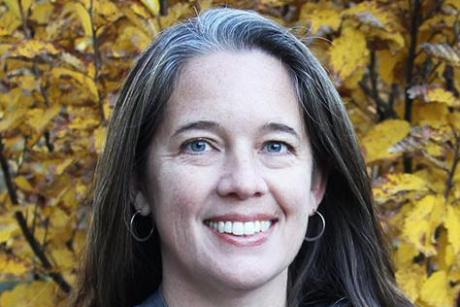
Published May 7, 2013, last updated on April 9, 2018
Cutting-edge research that offers solutions in global health requires the human and financial resources to carry it from inception to completion. One of the important ways in which DGHI supports Duke faculty is though seed funding that enables great ideas to take shape and researchers to work together in new ways. This spring, DGHI has awarded International Travel Grants to Duke researchers, David Brizel (Medicine) Harris Solomon (Cultural Anthropology) and Steve Taylor (Medicine) for the pursuit of global health research collaborations in Russia, India and Kenya, respectively.
Traveling to Mumbai, India this summer, DGHI faculty member and cultural anthropologist Harris Solomon will work with a network of collaborators at the University of Mumbai and Tata Institute of Social Sciences to examine how epidemiological experts in Mumbai understand and express the links between health and the environment. Solomon’s interest in the topic stems from existing research in India examining the rise of metabolic diseases in India, in which he learned more about how epidemiologists perceive topics like the causes of obesity.
"I’m grateful for this opportunity,” said Solomon. “The DGHI Travel Grant offers me the chance to be in India to work through the nuances of my first manuscript project, and also to begin a small pilot study for my second project. For anthropologists committed to ethnography, it's essential to do this sort of finishing and beginning work in the field. Simply ‘being there’ means everything. It allows us to witness social life in real-time, to speak with people about how events might matter, and to carefully consider the historical, cultural, and political genealogies of one's research topic."
David Brizel, professor of radiation oncology and surgery at Duke, will travel to St. Petersburg, Russia this month to gain an understanding of the practice of radiation oncology, particularly related to cancers of the breast, head and neck, at the NN Petrov Institute of Oncology. Radiotherapy can play a fundamental role in managing or curing many types of cancer, yet it is delivered to only one-third of cancer patients in the country. During his visit, Brizel will spend time with researchers at the NN Petrov Institute of Oncology and St. Petersburg University School of Medicine to cultivate a collaboration in research and training.
“I am honored to have been chosen as a recipient of a travel grant award amongst what I am certain was a very competitive and qualified pool of applicants,” said Brizel. “I am hopeful the trip can be leveraged for the development of a bilateral educational and training exchange program between our respective institutions. The development of a relationship with the Petrov Institute provides a unique opportunity to expand Duke and DGHI’s cancer work in Russia.”
Steve Taylor, medical instructor in the Division of Infectious Diseases and International Health, will travel to Eldoret, Kenya and Kigali, Rwanda this summer to pursue collaborations focused on translational studies of malaria. In Eldoret, Kenya – a DGHI priority location – Taylor will build upon existing research to study the molecular pathology of malaria and its interaction with other diseases. In Rwanda – where DGHI faculty are also working with partners at the Centre Hospital University of Kigali and through the Rwanda Human Resources for Health Program -- Taylor hopes to expand collaborations that explore pregnancy-associated malaria.
“The award will help us expand capacity for genetic studies of malaria in Eldoret, which already has a nucleus of Duke clinical investigators with active protocols in malaria-endemic towns near Eldoret. The visit will help think through how to leverage this existing infrastructure to answer interesting biological questions that can help to reduce transmission of malaria,” said Taylor. “In Kigali, the goal is to complement Duke’s clinical educational activities by starting a clinical research collaboration focused on malaria. Establishing a shared research program with Rwandan investigators in pregnancy-associated malaria would open many avenues for clinical and research training, field studies to reduce maternal and neonatal mortality, and educational exchange.”
Enabling great ideas to take shape and researchers to work together in new ways


